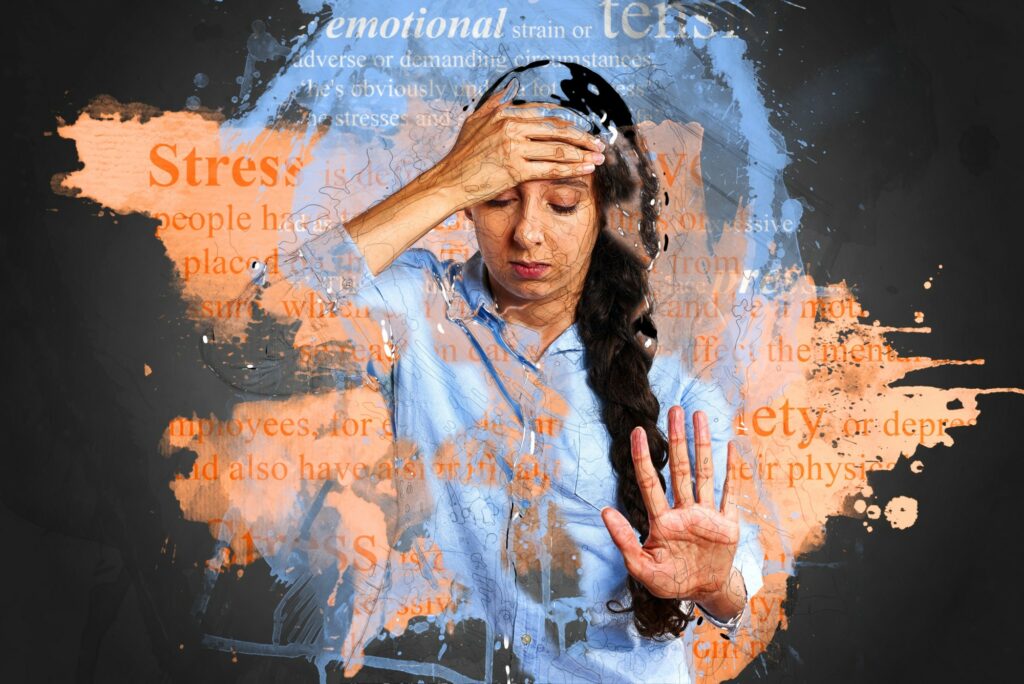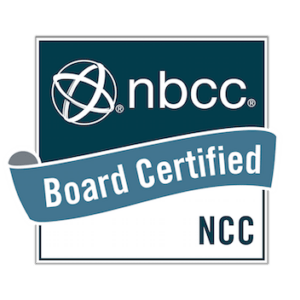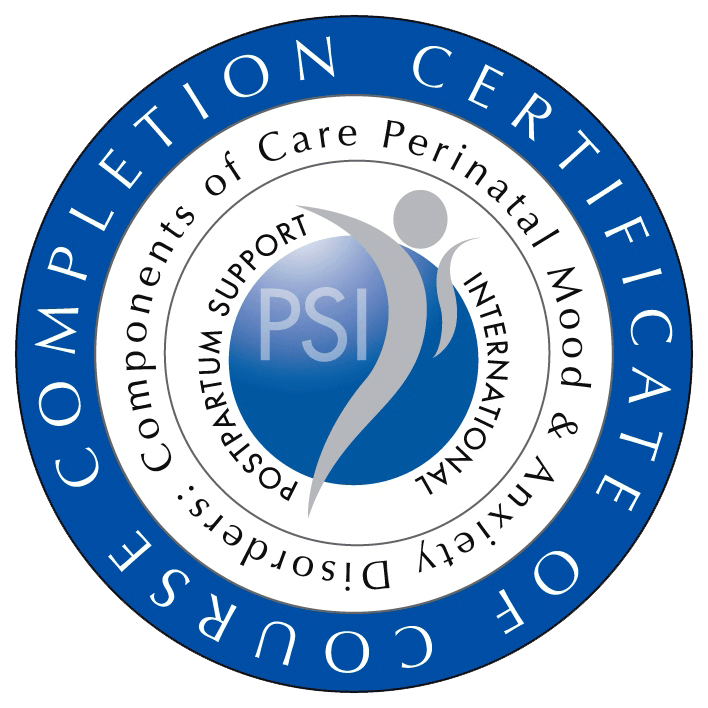Anxiety disorders are one of the most common mental health concerns in the country. More than 40 million adults in the United States have an anxiety disorder. That’s 19.1% of the country and that’s adults alone.
If you’re someone who battles depression and anxiety, then it’s time to learn a few ways of fighting back. Thankfully, there are many effective ways to alleviate anxiety.
The first step is knowing what some of your options are. Then you’ll want to explore these various options until you find the ones that work best for you. Continue reading below to learn everything you need to know about reducing anxiety.
1. Anxiety Therapy
Anxiety therapy teaches you techniques to gain control over all those things causing you anxiety, including different worries or fears. Through anxiety therapy, you can gain insight into your specific feelings and learn how to place them in perspective.
You’ll also learn how to manage those feelings and various experiences both in the present moment and in the future. Unfortunately, a person struggling with anxiety can’t simply snap out of it. Anxiety therapy can’t erase your triggering memories or feelings, but it can help you learn how to proactively manage them.
Through this type of therapy, you’ll find yourself becoming more confident and supported while finding clarity. An experienced anxiety therapist can offer a variety of evidence-based skills and tools for you to use and take with you for a lifetime, through various life transitions. Mindfulness, CBT, EMDR, stress management, and trauma therapy are a few ways your therapist can help you overcome your anxiety.
2. Deep Breathing
Breathing is something that happens naturally, but when we practice mindfulness and deep breathing we can reduce anxiety by focusing on the present moment. To practice deep breathing and mindfulness, you don’t always need a quiet place to meditate. Instead, all you need to do is stop and concentrate on your breaths.
Take a deep breath in and then release. Do this several times while focusing on how your body feels at that exact moment. Conduct a full-body scan, paying close attention to each foot, leg, and arm, as well as your back, neck, and head.
This allows you to take your mind off of everything else and focus on the now. As a result, you’ll help reduce your anxiety. Mindfulness can be done anywhere at any time, which is why it’s such an ideal way to treat anxiety.
3. The Right Diet
Different foods and beverages can affect our anxiety levels. If you’re someone who struggles with anxiety, then it’s beneficial to look at your current diet and make necessary changes. When feeling anxious, it’s not uncommon to turn to sugary comfort food items.
However, it’s best to avoid foods and beverages high in sugar and caffeine when feeling anxious. Sugar and caffeine can increase anxiety in those who are predisposed to it. Instead, try switching to more natural ways to boost energy if needed and healthier comfort foods.
Getting better sleep at night, staying active, reducing stress, limiting alcohol consumption, and eating a healthy diet are all great ways to naturally improve energy levels.
4. Anxiety Journaling
When our minds are flooded with worries and fears it makes it nearly impossible to focus on anything else. This then increases anxiety and makes it difficult to function properly. A good way to remove those thoughts from your mind is to write them down on paper.
Write out anything that’s bothering you. Maybe you have a few projects due at work or school and feel overwhelmed. Maybe you’re worried about attending a social gathering later this week.
Write these things down in an anxiety journal. When you get them down on paper, you can release them from your mind and reduce the anxiety associated with them. If you’re someone who has a busy schedule, then consider using a planner to help you stay organized and less stressed.
5. Active Exercise
Dealing with depression and anxiety sometimes causes a person to feel sluggish. Staying active when feeling this way is difficult at times, but it’s a necessity. Regular exercise is linked to lower anxiety and depression levels.
When you exercise, your body releases serotonin, which helps reduce your anxiety. Although spending an hour a day in the gym is a wonderful way to exercise, you don’t have to start there. Instead, you can focus on home workouts or simply stay active around the house before transitioning into more strenuous and detailed workouts.
If you have time in the morning or before bed, then take a walk around the block or in a local park. This is a great starting point.
6. Proper Sleep
Sleep deprivation can cause heightened anxiety. When you don’t get enough rest at night, you can wake up in the morning feeling unprepared for the day ahead of you. In order to start each morning in the right state of mind, you should get enough sleep each night.
Typically you want to get between 7-9 hours of sleep at night. If you struggle to fall asleep due to your anxiety, then it’s time to come up with a sleeping routine. Pick a time to go to sleep each night and a time to wake up every morning.
Stick to that schedule. Turn off electronics at least 30 minutes before bedtime and consider taking a warm bath to relax your mind and body before bed.
Fight Back Against Your Anxiety Today
Anxiety can quickly take over your life, whether it’s caused by relationship issues, self-esteem and self-image issues, stress at work and home, or fears of the future. Rather than wonder why anxiety won’t go away, it’s time to take a stand.
At Abundant Living, we offer a variety of helpful services to our clients struggling with anxiety, depression, women’s issues, men’s issues, grief and loss, stress, trauma, and more. We also offer couples counseling, grief counseling, Christian counseling, cognitive behavioral therapy (CBT) and eye movement desensitization and reprocessing therapy (EMDR).
Fight back against anxiety today by scheduling an appointment at Abundant Living. We look forward to meeting with you and helping you prepare for your first appointment.





